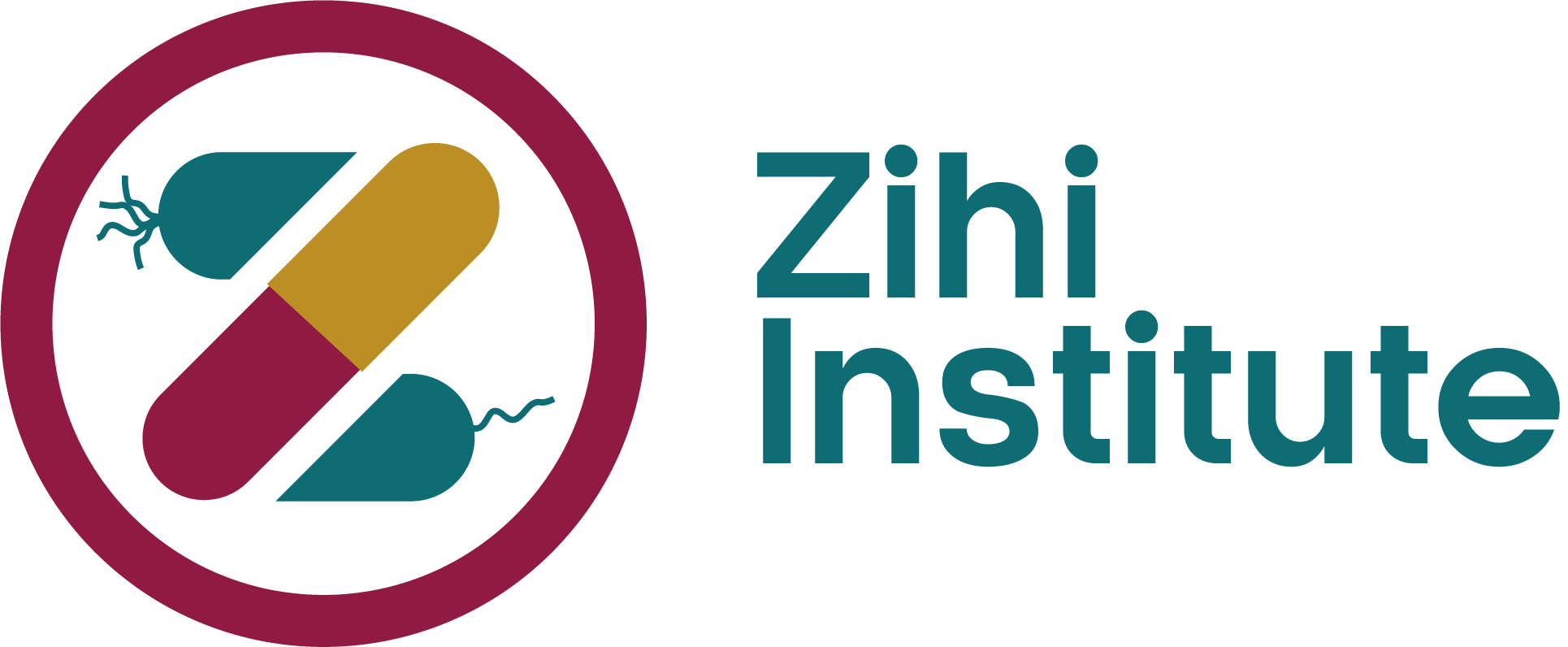Our Operational Model
We must think and act differently to escape the loop and current barriers to effective interventions. We have to ideate and test innovative research strategies and implementation models while developing interventions. To validate the effectiveness of the new models, it is vital that they are tested rigorously and the evidence generated appropriately disseminated to inform further refining, adaptation, and contextualization of such models. As such, our operation model is anchored on four key stages. Each stage has its iterative and community-centered steps and processes.
Key Operational Stages
Design
Design Thinking (Community-centered) Development of Blue Print Linking Design with research
Model Testing
Implementation of a pilot Evidence Dissemination Redesigning Models
Scale-Up
Program Expansion Contextual and Replication Models Stakeholder Engagement
Evidence Translation
Knowledge/ Theory of Development Policy Intergration Institutionalisation Sustained Intervention
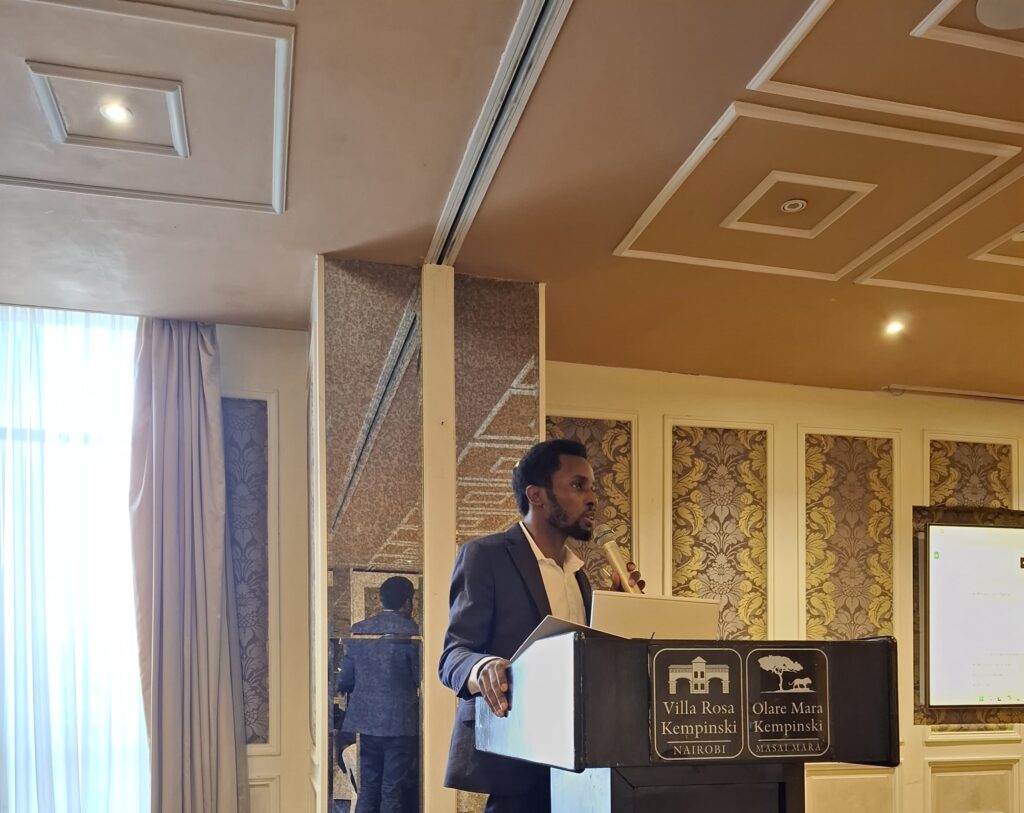
We apply design thinking principles to develop innovative and inclusive program models. As we expand our work, we aim to create community ownership of the programs we implement by broadening the spectrum of community engagement. We conduct rigorous reviews to anchor our designs on evidence-informed approaches. As a research institution, we link our project blueprints with basic, implementation, and operational research designs to test the models and iteratively improve our operation models. Our design approach is iterative to promote inclusivity and continuous improvement.
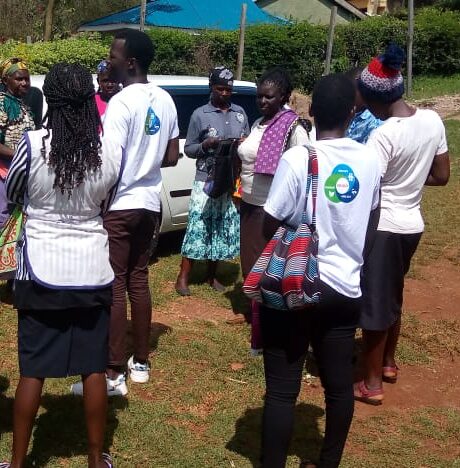
We implement pilot programs in designated target centers to test the innovative model created. The research component of the project enables effective evidence generation in research best practices to inform the improvement of our implementation models. The evidence generated is disseminated in the community, on scientific platforms, and in policy circles to contribute to and influence discourse within the thematic area.
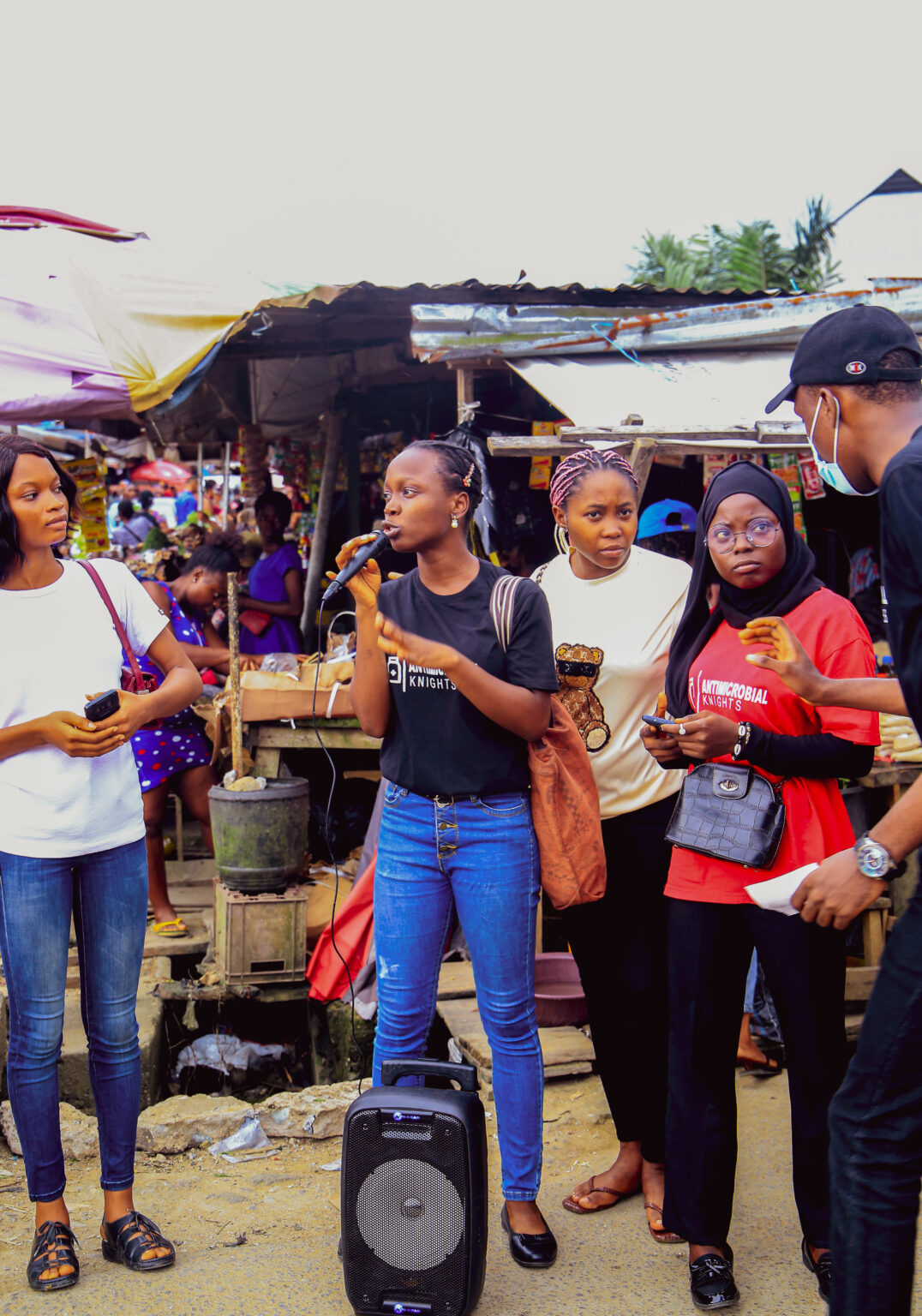
Leveraging on the stakeholder network acquired during the model’s evidence dissemination, we scale up the models to test them further and generate more representative and accurate data. At this stage, we also explore the extent of contextualization of implementation models; these data support and inform adaptation consideration from an evidence-based perspective.
Our scale-up model is two-pronged:
- Replication of projects in multiple sites in collaboration with different stakeholders.
- Coordinated Project Expansion.
The evidence/data generated in the scale-up phase is disseminated within the community, scientific forums, and policy platforms. The data will also inform our subnational, national, and regional policy integration strategies. We will work closely with the community members involved and empower them to engage with government agencies to promote sustenance of the interventions.
From our understanding, sustenance can take different approaches as per context. :
- Public investment and effective institutionalization of interventions leveraging on the existing data.
- The community autonomously leads efforts in resource mobilization to ensure sustained continuation of the intervention.
- The community itself invests in developing mechanisms to ensure continuation/growth of the intervention.
Our model strives to be community-centric, dismantling knowledge hierarchies, improving trust, and addressing power imbalances.
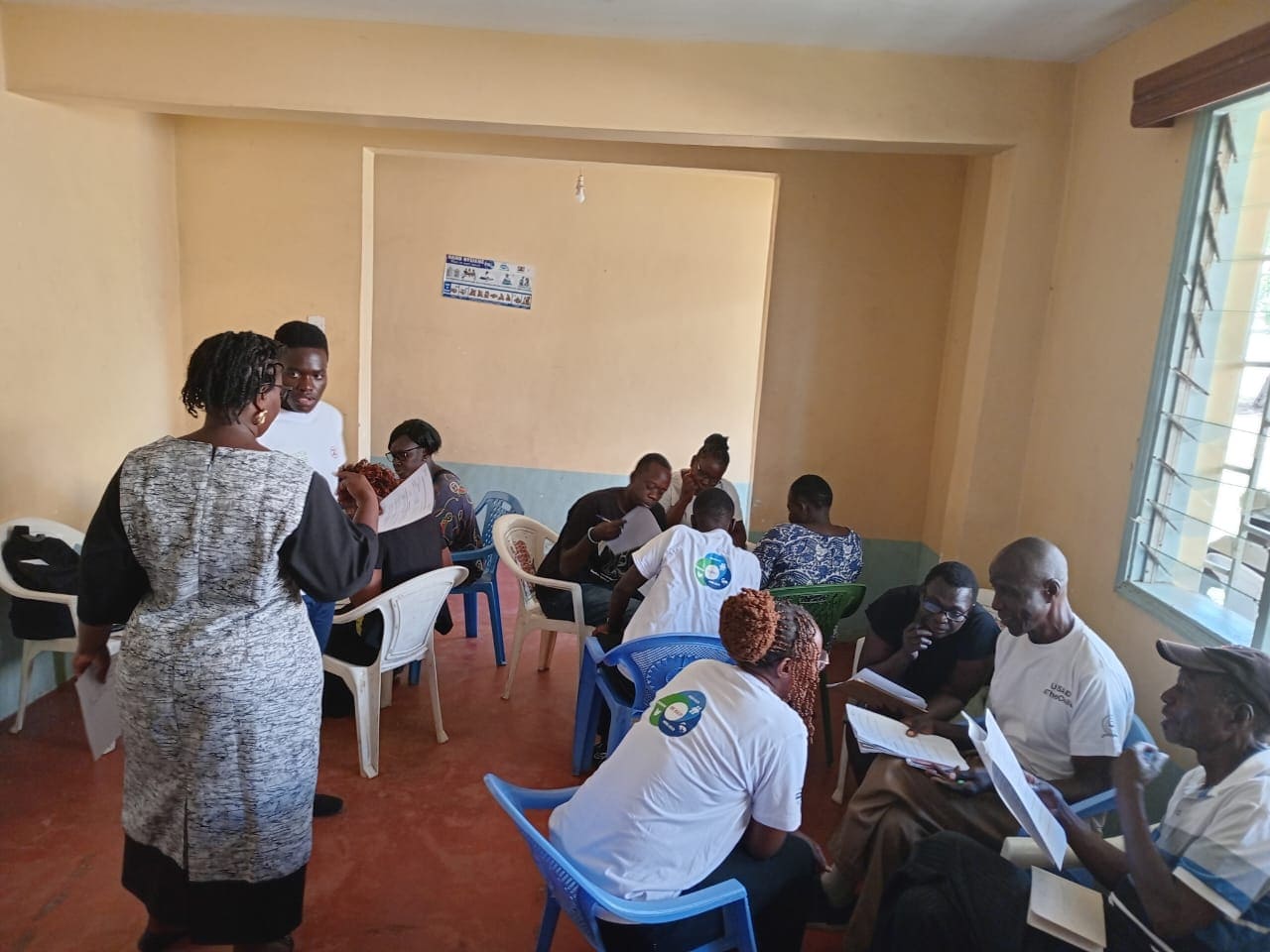
Building trust
Our work is anchored on trust, we intentionally avoid a “savior-based approach”, and openly showcase the mutual benefit that the community and our organization gains from a program.
Dismantling knowledge hierarchies
Our model seeks to dismantle knowledge hierarchies: we engage in bidirectional learning, appreciate the community's skills and strive to learn from them as they also learn from us.
Equitable Access to Data
The community has access to the data generated, trained on analysis and interpretation of their data, and be supported to take the lead in the initiatives they would like to develop or advocate for based on the evidence findings.
"By fostering self-determination and recognizing communities’ strengths, we aim to empower communities to realize their inherent potential, perceiving themselves as capable leaders of change, not "victims of circumstances."

